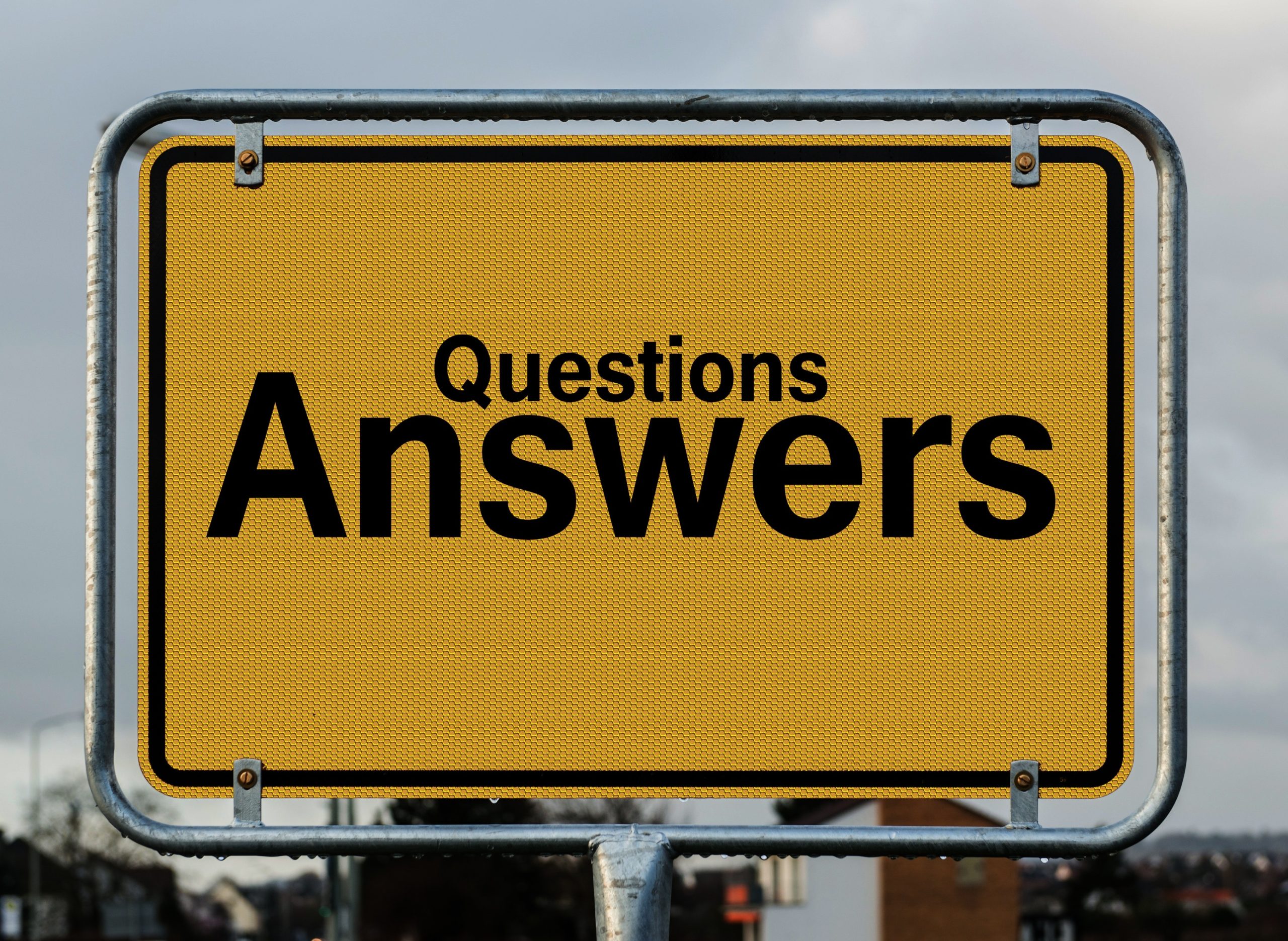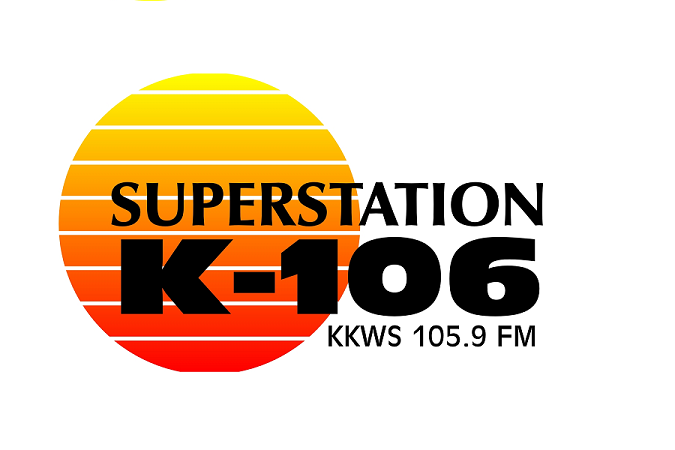
Question: I’ve noticed you use the word “crash” and not the word “accident” when talking about incidents while on the radio. T.V. and the newspaper. Why is that?
Answer: I’d be glad to talk about this as I am passionate about this topic and it is certainly intentional. The spark for this issue stems from a court trial from almost two decades ago involving the intentional ramming of a police vehicle, which resulted in the death of a police officer. During the trial, an attorney brought up the point that the incident was referred to by police in all of the reports as an “accident.” It also was reported by police on an “accident” report form, thus it was argued that the incident was not intentional and charges should be dismissed. I won’t get into the results of that trial, but ever since that time, traffic safety officials in the state have made a huge effort to influence everyone to use the word “crash” and not the word “accident.”
The definition of “accident” is “an unfortunate incident that happens and unintentionally, typically resulting in damage or injury.” The definition of “crash” is “collide violently with an obstacle or another vehicle.” Accidents happen. That is what we tell children who are upset about spilling their milk at the supper table. We often think “accident” is a neutral word to describe bad luck but I think there is more to it than that. “Accident” tends to imply that no one is at fault and when used for a traffic crash, it could give the impression that what occurred was not important.
I understand that anyone involved in a crash did not want it to happen and that it was most likely unintentional. But there is a reason why it happened; and most of the time it is from a person in control of a vehicle that has a momentary lapse in judgement or made an all-out destructive decision (impaired driving, reckless or aggressive driving, etc.) Even equipment issues (unsafe tires, obstructed vision, etc.) contribute to crashes and can be prevented. Yes, most crashes can be prevented.
The U.S. Department of Transportation’s National Highway Traffic Safety Administration reported 38,824 lives were lost in traffic crashes in 2020 – the largest number of fatalities since 2007. Preliminary reports for Minnesota in 2021 were 501 traffic deaths, the highest since 2007. Why the recent severe increase in fatal crashes? This is what the traffic safety community is trying to understand and find a solution. Speeding has been a primary contributor since the start of the pandemic.
Weather and slippery roads can be a factor but each and every driver is responsible for keeping control of their vehicle at all times. This is accountability and it starts with every person, every time they get behind the wheel. The choices we make and the choices we fail to make have consequences. You might be a very good driver, but we do share the road with other people making some poor decisions (impairment, distractions, aggressive driving, etc.)
A crash doesn’t respect age, career success, love for family or anything else. People of all ages died last year. Please slow down, pay attention, plan for a sober ride and buckle up. Speak up and take care of yourself and the people you care about. This is how we make the changes to save more lives.
If you have any questions concerning traffic related laws or issues in Minnesota, send your questions to Trp. Jesse Grabow – Minnesota State Patrol at 1000 Highway 10 West, Detroit Lakes, MN 56501-2205. (You can follow him on Twitter @MSPPIO_NW or reach him at, jesse.grabow@state.mn.us).
